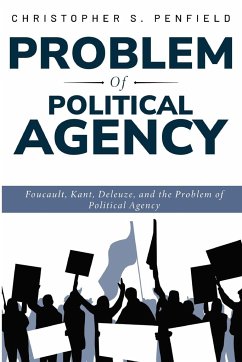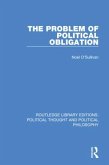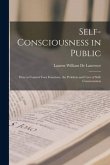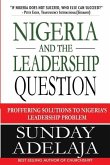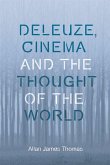While philosophy dissertations are often depicted as either detailed studies on a philosopher or interventions concerning a more general philosophical problem, the present thesis, if it is to be successful, must be both. It takes form largely as an exegetical analysis, aiming to be as precise and comprehensive as possible, of a figure in the history of philosophy - namely, Foucault, though also (and necessarily) Deleuze and Kant; and it gives itself the task of constructing the beginnings of a political theory that would respond to the problem of political agency in capitalist society. Political agency refers to the power of individual or collective action to transform the conditions of social production. To pose political agency as a philosophical problem, is both to inquire into its necessary conditions and to diagnose the forces that undermine them. And to pose the problem of political agency in the context of capitalism, is to suggest the historical singularity of the power relations that defuse, exclude, or appropriate potentially transformative agential force. I will argue that this problem is the guiding impetus of Foucault's political philosophy, and indeed, of Foucault's thought tout court, insofar as he situates his own work in the critical tradition and takes its measure through its transformative effect.

